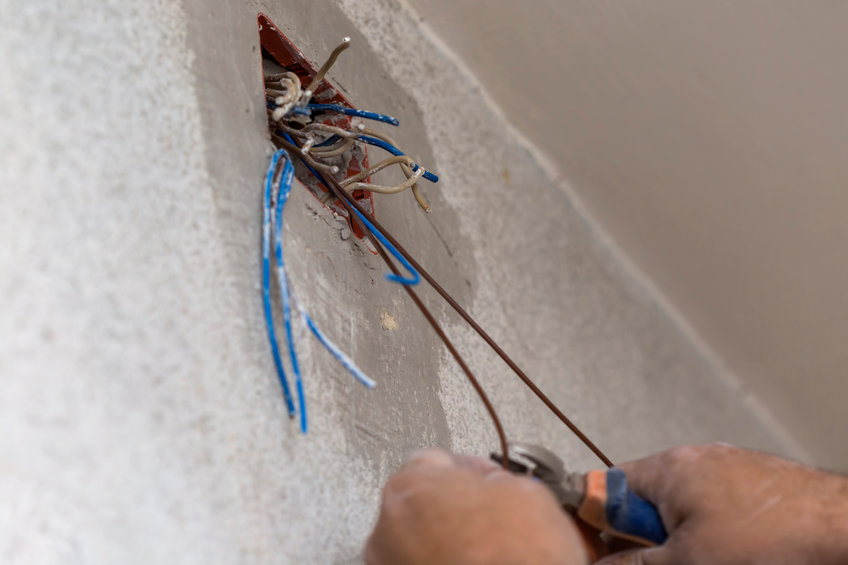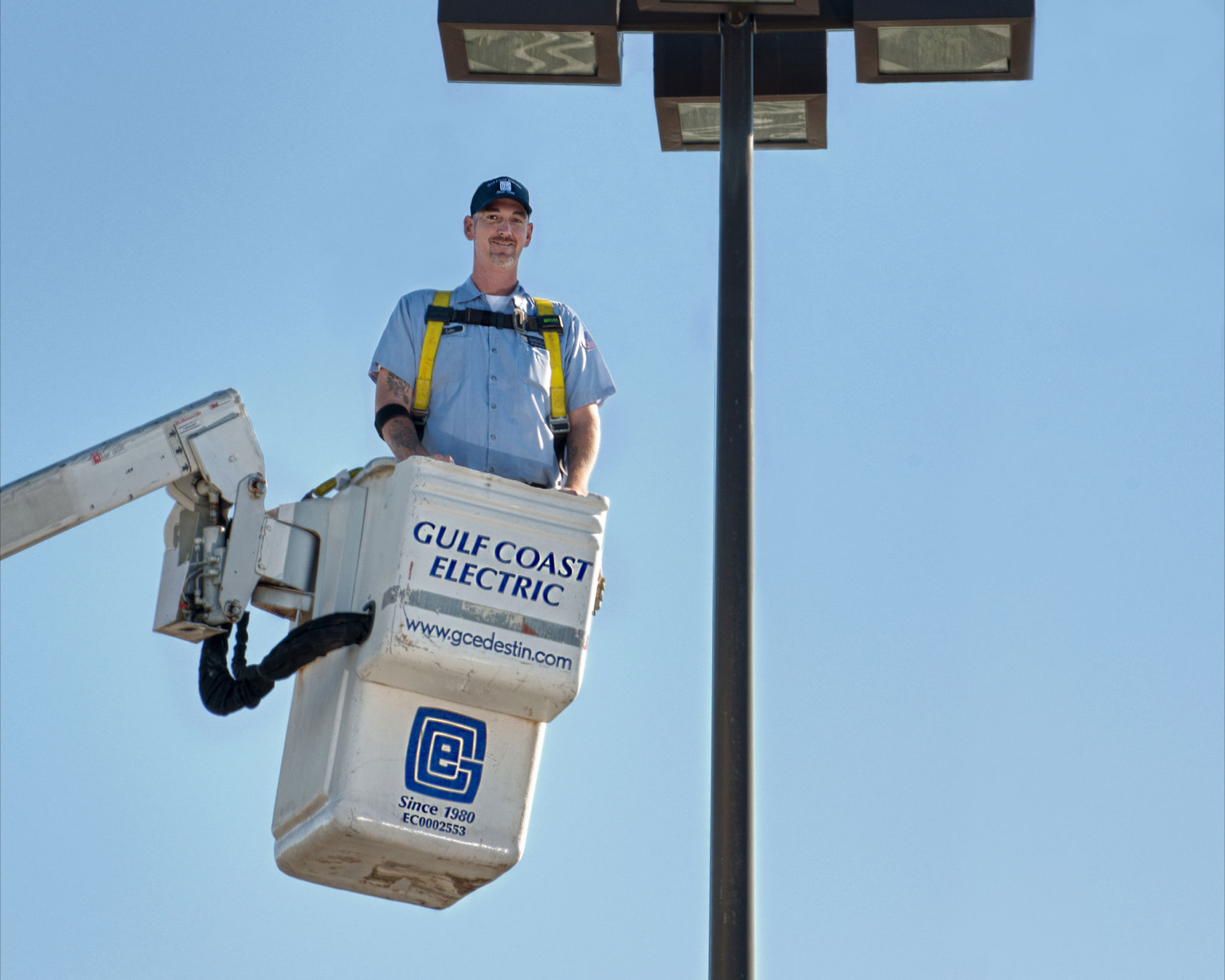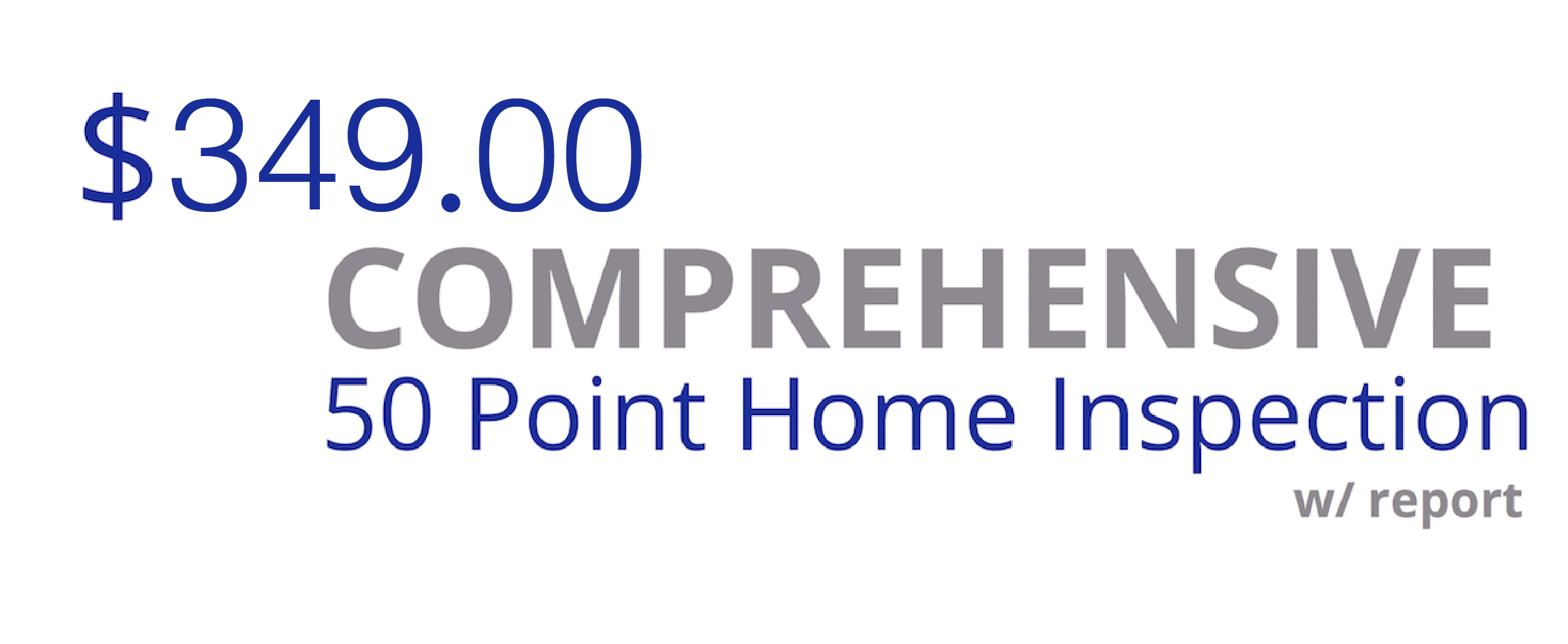We all know that electricity is vital to our homes. But another component that’s just as important as electricity is our home’s electrical wiring.
While copper is the standard electrical wiring material, some homes are wired with aluminum. If your home or business has aluminum wiring, then it needs special consideration. Use this guide by Gulf Coast Electric to learn more about aluminum wiring and whether it’s safe to use in your Destin home.
Why Does My Home Have Aluminum Wiring?
As mentioned above, most homes today have copper wiring rather than aluminum wiring. In fact, copper has been the standard wiring material for homes since the early 19th century. So, you might be wondering, why would a home have aluminum wiring in the first place?
In 1965, copper was in high demand due to the Vietnam War. As a result, copper grew scarce and its prices skyrocketed. This forced home builders to look for cost-effective alternatives. Aluminum was cheaper than copper and abundant in supply, so it became the next best option.
The Problem With Aluminum Wiring
Since then, we’ve learned that while aluminum is good at conducting electricity, it has hazardous qualities. For one, it expands much more than copper when heated. And if wires expand and contract too much, your wires can loosen over time.
Loose wiring exposes the metal inside your wires, causing a plethora of issues such as oxidation, corrosion, warping and weak outlets. Not only that, but all these issues can lead to electrical resistance as well. And once resistance increases, so does the heat inside your wires.
Excess heat in electrical wiring poses a serious fire hazard. In fact, the Consumer Product Safety Commission (CPSC) states that homes with aluminum wiring are 55 times more likely to have a wire connection that reaches “fire hazard conditions.”
How Can I Tell If My Home Has Aluminum Wiring?
Finding out if your home has aluminum wiring should be fairly easy. First, check when your home was built. According to the CPSC, if it was built between 1965 and 1974, then there’s a high chance it has aluminum wiring.
You can tell for sure by checking your home’s electrical panel or electric cables that run through the basement or garage. There should be markings on the cables that say “Al” or “aluminum” every few feet.
You can also look for exposed wiring in unfinished parts of your home such as your basement, attic or garage.
What to Do If Your Home Has Aluminum Wiring
If you’re considering a home that has aluminum wiring, or your home already has it, don’t worry! There are a few options to help you deal with aluminum wiring. Here are the main ones:
Partial Rewire
As the name suggests, a partial rewire is when only a portion of your home’s electrical wiring is updated. A partial rewire is less expensive than a full rewire, less invasive and protects your home much more than before.
A partial rewire targets wire connections, which is where most problems happen. This is typically done by attaching a piece of copper wire to the ends of the aluminum wire at connection points. This process is also known as “pigtailing.”
Full Rewire
This option is the most effective way to fully prevent the risks of aluminum wiring. By removing every trace of aluminum, your home is significantly safer and less prone to fires. But because this option requires so much time and upheaval, it’s also very costly.
Contact Gulf Coast Electric!
Regardless of what avenue you choose, we recommend having a qualified electrician evaluate your entire electrical system. A thorough electrical inspection ensures that all connections are tight and are working safely. Our qualified technicians at Gulf Coast Electric can help answer any questions related to aluminum wiring, copper wiring or wiring in general. Contact us today to protect your Destin home wiring today!











